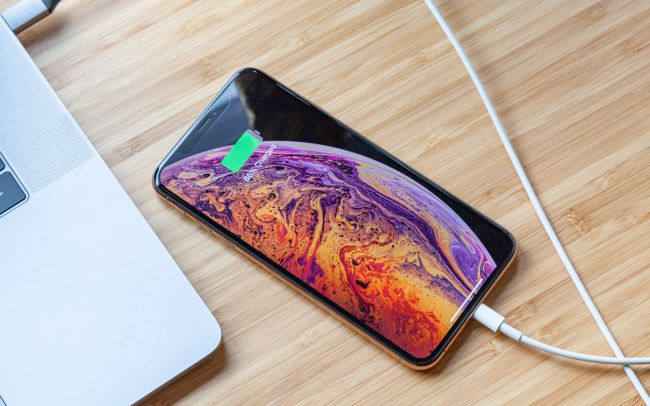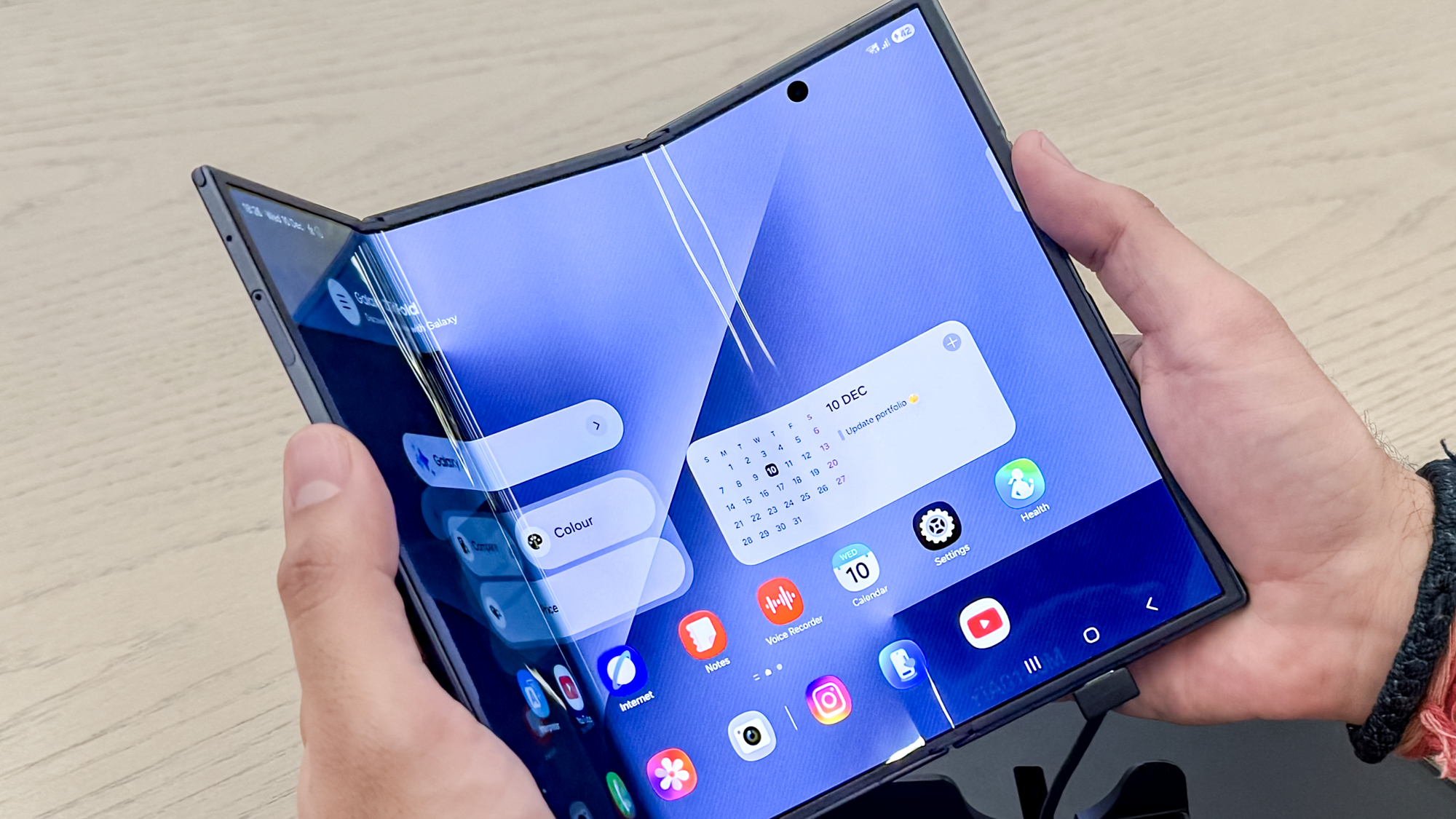iPhone 12 might be forced to offer removable batteries
A user-serviceable iPhone 12? Yes please

The European Union is back to the rescue of consumers worldwide, as a new law may force smartphone manufacturers to make their batteries completely user-replaceable.
According to the Dutch financial newspaper Het Financieele Dagblad (via XDA Developers), the EU “wants to force electronics manufacturers to facilitate easier battery replacements.”
- iPhone 12: specs, design, release date, price and everything we know
- Here are the best phones you can buy
While the EU can only enforce laws in its territory, the European market is so gigantic that the measure may have an impact around the world. Designing all phones to have replaceable batteries rather than offering multiple variations could be more cost effective to multinational companies like Apple, Samsung, Huawei, Xiaomi or Oppo. The latter will not only be pricier to produce but also will double service costs.
There is a precedent on the EU changing the course of consumer electronics design: after past EU guidelines invited companies to adopt a single charging port standard for their smartphones, we saw a move to USB-C across all brands — except Apple.
Tired of Apple‘s defiance, the EU parliament voted earlier this month to force all device manufacturers to use a single port standard to reduce waste. Despite Tim Cook's objections, the vote will result in a law specifying which port phone makers should use by this summer. Most likely, this means that we will have an iPhone 12 (or 13, if the law goes into effect too late) with a USB-C port instead of the Lightning port.
The hard battle for user replaceable batteries
The new law to enforce batteries that are easy to replace by users may face a more uphill battle.
As Apple discovered first with the iPhone, it’s a lot better for the company to have a tightly closed phone that users can’t access. That leads to users depending on the manufacturer for repairs, forcing them to either buy extra warranty like AppleCare — which represents a big source of revenue for Apple — or use the company’s official repair services.
Get instant access to breaking news, the hottest reviews, great deals and helpful tips.
And batteries frequently need replacement. As devices get older, the battery quickly loses its capacity to hold power. As a result, an iPhone will see its daily battery life greatly reduced. That’s why by year one, you may find yourself looking for your phone's power adapter in the middle of the day.
Some people choose to change the batteries. Most manufacturers force them to bring their phone to an official repair service to change the battery at a great cost. Then, many people feel that their phone is performing poorly, which prompt them to buy a new phone.
Indeed, Apple got in serious trouble for lowering the performance of the processor as an iPhone's battery got older. The Cupertino company says that it throttles down the processor to “safeguard the battery." The most logical thought is that, by reducing the phone’s performance and making it sluggish, Apple pushes users to upgrade the full phone.
The company certainly didn’t warn users about it or told them that by exchanging the battery, they will get the full speed back out of their phones. This caused a great uproar and Apple was forced to reduce the replacement cost on an iPhone battery from $79 to $29. Not only that, but the company had to add an option to disable the throttling and tell users about the battery’s health.
And still, that didn’t stop Apple from trying to scare users about using non-official batteries.
The same, albeit to a lesser extent, could be said about other big brand manufacturers like Samsung. Companies saw what Apple was doing and thought they could do the same in the name of alleged product safety and quality. Most phones used to have replaceable batteries — now most models require expert hands to get opened and serviced.
If the EU forces manufacturers to get user-replaceable batteries back, they will be attacking one of the profit lines of Apple and all these multinationals.
Cost and sustainability
That will cause lots of resistance despite the fact that most of these brands claim to be working towards sustainability efforts.
Apple may argue that it make its devices so hard to service is because this allows for benefits like water and dust resistance, and thinner phones.
That is true. Like watches, if you want something water and dust proof, you really need to make them tight. But, phones are neither water nor dust proof. They are resistant. And many water- and dust-resistant watches that don’t have to descent to the Laurentian Abyss to have user replaceable batteries. The engineering challenge is there, but it’s doable.
Even putting aside the well being of the planet and the damage that consumer electronics waste generate, do we really need to spend hundreds of dollars every two years to get a new phone that does things marginally better than the previous generation? Do companies need to make things hard for people who don’t want the latest and best but just to have fast, functional phones that are usable through an entire day of work?
The answer to both of those questions is a resounding no. Let’s hope the EU actually passes this law and brings back user-replaceable batteries.
Jesus Diaz founded the new Sploid for Gawker Media after seven years working at Gizmodo, where he helmed the lost-in-a-bar iPhone 4 story and wrote old angry man rants, among other things. He's a creative director, screenwriter, and producer at The Magic Sauce, and currently writes for Fast Company and Tom's Guide.

